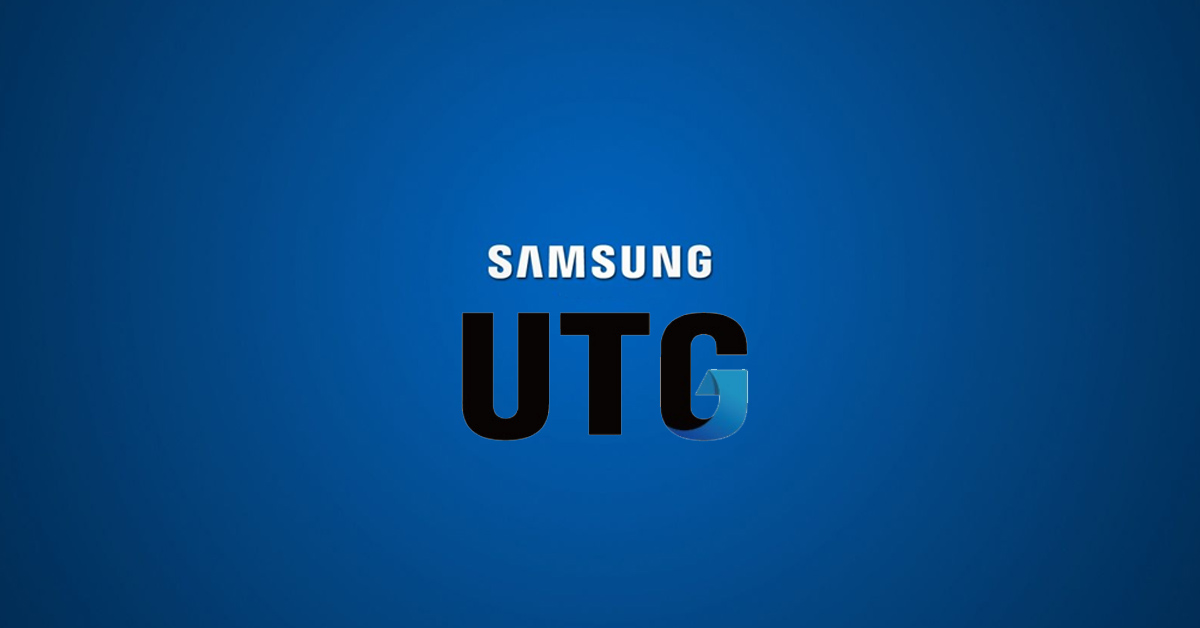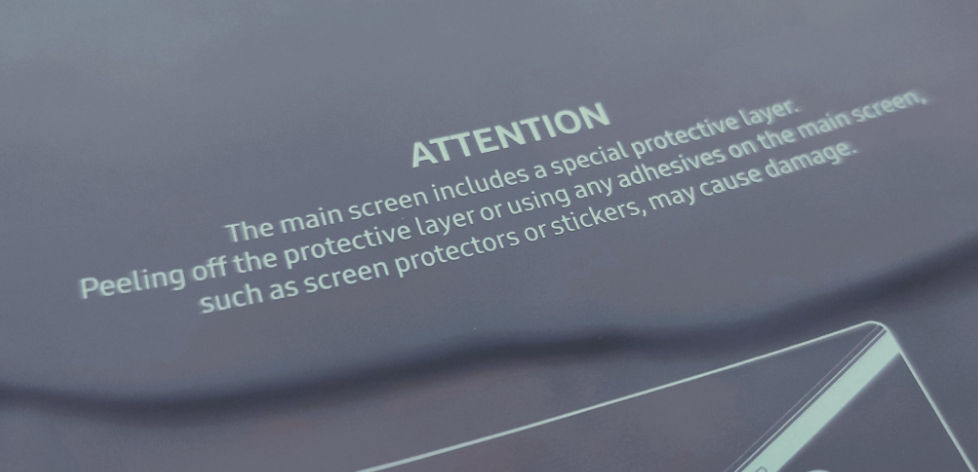
We may not be a fan of the technology but the concept of foldable smartphones has already taken off. Top players like Samsung, Huawei are going all-in to stay ahead in the foldable smartphone technology. Samsung, Huawei, and Motorola have tried their luck with their idea of a foldable smartphone. The phones may differ in manufacturer and patent they are based on, but they all come with a primary concern – durability. The phones are prone to accidental damages. The folding mechanism, the screen panel all have their weakness. The race now is about who overcomes them first. And a recent report suggests Samsung has found a solution for damage-prone panel with UTG (Ultra-Thin Glass) technology.
Ultra-Thin Technology
Problems of the Samsung Fold
When Samsung initially launched the Samsung Galaxy Fold, it was far from a perfect product. It came with a lot of problems. So much so, that the company had to postpone the actual launch event to overcome them. The folding mechanism was a bit of a problem but not as big as a problem the users faced with it. The original Samsung Galaxy Fold came with a thin plastic player on top of the screen. Many users mistook it for a screen protector and removed it – only to end up with a broken display.

The UTG patent
Samsung needed to fix that in their future releases. And for that, Samsung has come up with UTG. According to a report by LetsGoDigital, Samsung has filed a new patent titled UTG to European Union Intellectual Property Office. Though Samsung hasn’t disclosed anything about it, we believe that it stands for Ultra-Thin Glass.
Perks of Ultra-Thin Glass
The Ultra-Thin Glass will try to overcome the problems that the original plastic-coated display had. Technically, glass is more scratch-resistant than plastic so, using a glass instead of plastic does make sense. However, we don’t know if the property holds true for glass that is as thin as a human hair. According to reports, the thickness of the glass may range from 30microns to about 100microns.

But there are also some downsides. Ultra-Thin Glasses require a complex manufacturing process, which isn’t cheap. And it will ultimately be reflected in the smartphone’s price.
The upcoming Samsung Galaxy Z Flip is set to be the first phone to adopt this technology. Samsung will also include it in their future foldable phones.







![Best Gaming Laptops in Nepal Under Rs. 250,000 (रु 2.5 Lakhs) [2025] Best Gaming Laptops Under 2.5 lakhs in Nepal [Feb 2025 Update]](https://cdn.gadgetbytenepal.com/wp-content/uploads/2025/02/Best-Gaming-Laptops-Under-2.5-lakhs-in-Nepal-Feb-2025-Update.jpg)
![Best Gaming Laptops in Nepal Under Rs. 120,000 (रु 1.2 Lakhs) [2025] Best Budget Gaming Laptops Under Rs 120000 in Nepal 2025 Update](https://cdn.gadgetbytenepal.com/wp-content/uploads/2025/05/Best-Budget-Gaming-Laptops-Under-Rs-120000-in-Nepal-2024-Update.jpg)
![Best Laptops Under Rs. 80,000 in Nepal [2025] Best Laptops Under 80,000 in Nepal March 2025 Update](https://cdn.gadgetbytenepal.com/wp-content/uploads/2025/03/Best-Laptops-Under-80000-in-Nepal-March-2025-Update.jpg)
![Best Gaming Laptops in Nepal Under Rs. 200,000 (रु 2 Lakhs) [2025] Best gaming lapotp under 2 lakhs Nepal Feb 2025](https://cdn.gadgetbytenepal.com/wp-content/uploads/2025/01/Best-Gaming-Laptops-Under-2-Lakh-Nepal-Feb-2025-Update.jpg)

![Best Mobile Phones Under Rs. 15,000 in Nepal [Updated 2025] Best Phones Under 15000 in Nepal 2024 Budget Smartphones Cheap Affordable](https://cdn.gadgetbytenepal.com/wp-content/uploads/2024/03/Best-Phones-Under-15000-in-Nepal-2024.jpg)
![Best Mobile Phones Under Rs. 20,000 in Nepal [Updated] Best Mobile Phones Under NPR 20000 in Nepal 2023 Updated Samsung Xiaomi Redmi POCO Realme Narzo Benco](https://cdn.gadgetbytenepal.com/wp-content/uploads/2024/01/Best-Phones-Under-20000-in-Nepal-2024.jpg)
![Best Mobile Phones Under Rs. 30,000 in Nepal [Updated 2025] Best Phones Under 30000 in Nepal](https://cdn.gadgetbytenepal.com/wp-content/uploads/2025/01/Best-Phones-Under-30000-in-Nepal.jpg)
![Best Mobile Phones Under Rs. 40,000 in Nepal [Updated 2025] Best Phones Under 40000 in Nepal 2024 Smartphones Mobile Midrange](https://cdn.gadgetbytenepal.com/wp-content/uploads/2024/02/Best-Phones-Under-40000-in-Nepal-2024.jpg)
![Best Mobile Phones Under Rs. 50,000 in Nepal [Updated 2025] Best Phones Under 50000 in Nepal](https://cdn.gadgetbytenepal.com/wp-content/uploads/2025/01/Best-Phones-Under-50000-in-Nepal.jpg)
![Best Flagship Smartphones To Buy In Nepal [Updated] Best flagship phone 2025](https://cdn.gadgetbytenepal.com/wp-content/uploads/2024/07/Best-Flagship-Phones-who-is-it-ft-1.jpg)